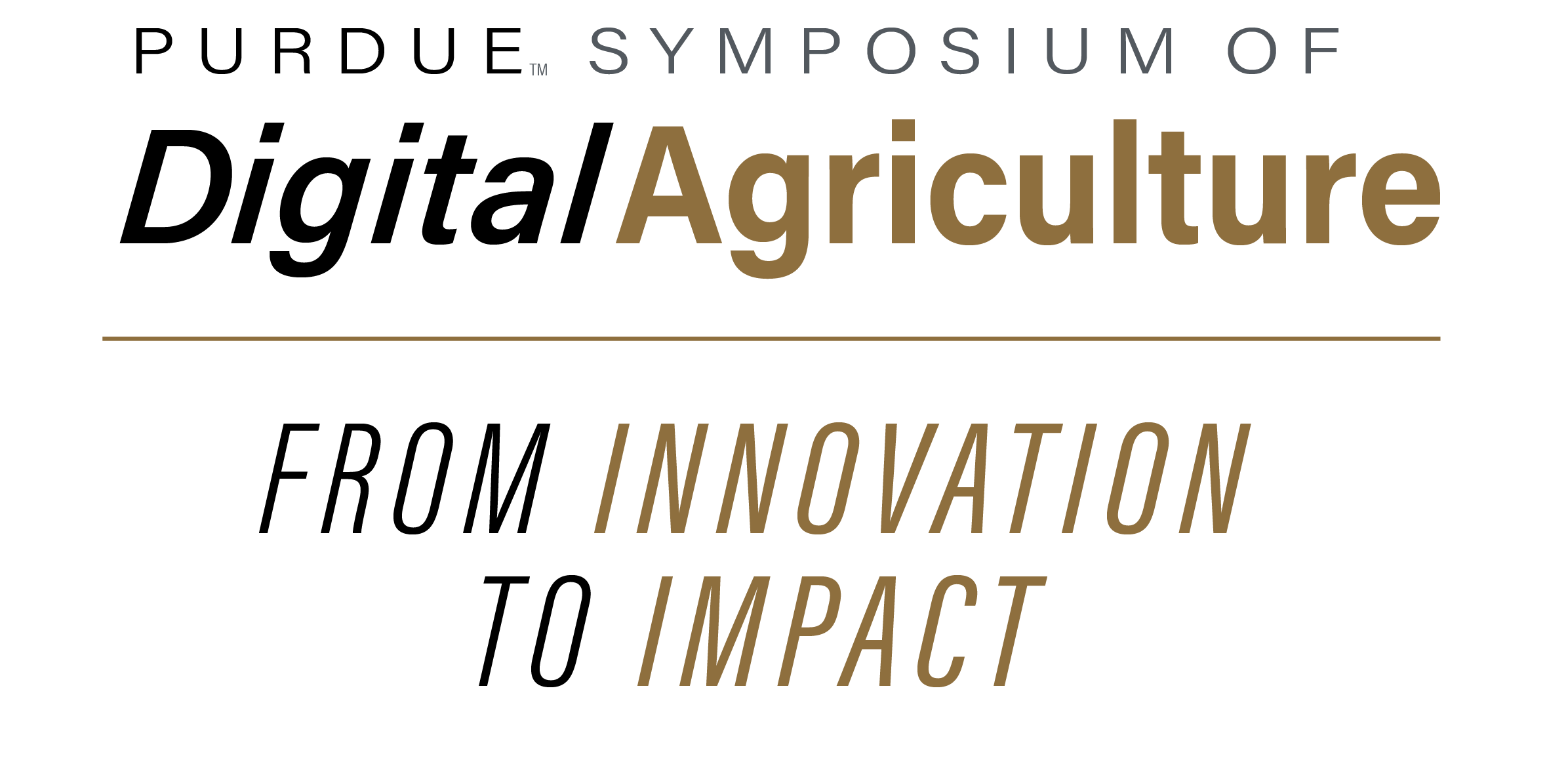Loading...
Abstract
This study presents a comprehensive methodology for evaluating precision spraying in agriculture using drone technology. Precision spraying has become a key innovation in sustainable farming, offering increased accuracy, reduced waste, and minimized environmental contamination. However, to ensure these benefits are realized, drones must be properly tested, calibrated, and validated under real field conditions. The proposed methodology integrates drone flight calibration, field-based spraying trials, and post-field analysis using hydrosensitive cards processed through specialized software tools, such as ImageJ and StainMaster. By systematically varying flight parameters such as altitude, speed, and nozzle type, the study assesses how these factors influence droplet size, density, and overall spray coverage. Field data collection remains an essential component, as it provides ground-truth verification that technology alone cannot replace. Results emphasize that the effectiveness of drone-based spraying depends not only on equipment precision but also on careful field evaluation to ensure that sprayed products reach the plant target. Software analysis complements this by quantifying spray quality, helping optimize operational parameters for improved efficiency and sustainability. Ultimately, this methodology offers a replicable framework that bridges advanced technology and practical agronomic evaluation. It reinforces that while drones and digital tools are transforming agriculture, the success of precision spraying depends on maintaining a strong connection between technological innovation and hands-on field validation.
Keywords
Precision spraying, drones, calibration, hydrosensitive cards, ImageJ, StainMaster, agrochemical application, field validation, spray coverage, sustainable agriculture.
DOI
10.5703/1288284318177
Video transcript
Methodology for evaluating precision spraying using drones.pdf (712 kB)
Poster
Methodology for evaluating precision spraying using drones.
This study presents a comprehensive methodology for evaluating precision spraying in agriculture using drone technology. Precision spraying has become a key innovation in sustainable farming, offering increased accuracy, reduced waste, and minimized environmental contamination. However, to ensure these benefits are realized, drones must be properly tested, calibrated, and validated under real field conditions. The proposed methodology integrates drone flight calibration, field-based spraying trials, and post-field analysis using hydrosensitive cards processed through specialized software tools, such as ImageJ and StainMaster. By systematically varying flight parameters such as altitude, speed, and nozzle type, the study assesses how these factors influence droplet size, density, and overall spray coverage. Field data collection remains an essential component, as it provides ground-truth verification that technology alone cannot replace. Results emphasize that the effectiveness of drone-based spraying depends not only on equipment precision but also on careful field evaluation to ensure that sprayed products reach the plant target. Software analysis complements this by quantifying spray quality, helping optimize operational parameters for improved efficiency and sustainability. Ultimately, this methodology offers a replicable framework that bridges advanced technology and practical agronomic evaluation. It reinforces that while drones and digital tools are transforming agriculture, the success of precision spraying depends on maintaining a strong connection between technological innovation and hands-on field validation.


